Sanctuary By Judy Nunn
The island appeared out of nowhere. One minute they were relentlessly adrift in a rickety wooden dinghy with nothing in sight but the horrifying blue of the Indian Ocean, then the next they had run aground. On what? Land? A submerged reef?
Both it seemed. A rocky barren island with low-lying shrubs, little more than a scrub-covered reef. Why hadn’t they seen it earlier? But then they’d seen virtually nothing for days as sky and sea had merged into one all-consuming blur. Even before the storm, which had wrecked their vessel and taken the lives of so many, they’d stopped looking for land. Their minds had been wandering in and out of consciousness for some time now, all nine of them, including the child, who was somehow still miraculously alive.
They couldn’t tell how long they’d been adrift in the dinghy. Was it a day? A day and a night? Yes, there’d definitely been a night, a night of unbearable cold that had cut through their drenched clothes and their bones to the very marrow of their being. Was it two days? Perhaps three? They didn’t know, and in their state of exhaustion were beyond caring. Even Rassen, the doctor who had taken on the role of leader and in whom the survivors had placed their trust, even Rassen had resigned himself to the inevitability of his death. He, too, had stopped looking out for land. Like the others, he’d stopped trying to even guess in which direction it might lie. And now there it was right before his very eyes.
The dinghy lurched drunkenly to one side and settled itself in the rocky shallows, as if like its occupants in a state of exhaustion and nearing the end of its life, which indeed it was.
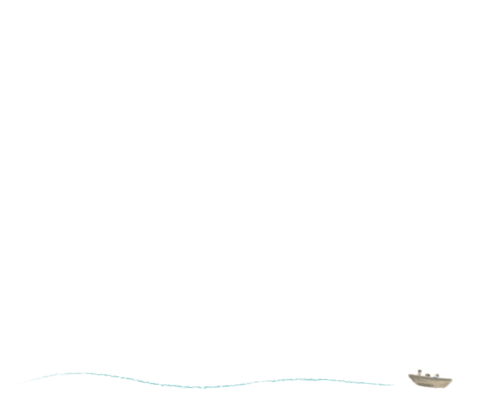
No one made a move. Several of the survivors remained in a semi-conscious condition and were unaware of the extraordinary event that had taken place, while others stared dumbly, uncomprehendingly, their minds unable to absorb what they saw.
Rassen squinted through the morning’s wintry glare, hardly daring to believe he could be right, for the light of the sun reflecting off the water’s surface played tricks with a person’s mind. Is this a mirage? he wondered. Surely my eyes deceive me. There are huts on this island. There are huts and there are jetties projecting into the sea. Where there are huts and jetties there are people. We are saved.
‘We are saved,’ he heard himself croak in a voice that wasn’t his, a voice parched and by now so unused as to seem quite foreign. He addressed the words to his wife, Hala, who sat beside him, also unable to believe the vision before her.
‘We are saved,’ he repeated, but this time to the sur vivors in general and this time in a voice that, although weakened, held an edge of authority. Someone must lead them. His tone proved effective, bringing the others to their senses, rousing them from the lethargy of their surrender. ‘Massoud,’ he said to the young Iranian who throughout the ordeal had become his second-in-command, ‘help me get everyone ashore. We must find water.’
Both men struggled to their feet, unsteady on limbs unaccustomed to action.
In stepping out of the dinghy, Massoud misjudged the water’s depth, which was well above knee-height, and fell clumsily face-first into the sea. His immersion had an instantaneous effect. Suddenly he was revitalised, alert with a giddy form of madness, although he had the distinct feeling his elation was due not so much to a dunking, but rather the knowledge he was not going to die after all. Not yet anyway. As he stood, he let out a strange bark, which in actual fact was a laugh.
‘All ashore everyone,’ he said, beckoning emphatically for the benefit of those amongst them who did not speak English. He didn’t know why he chose to address them in English at all, perhaps simply because the doctor had.
Rassen lowered himself carefully into the water, then assisted Hala, taking her full weight as he lifted her over the side of the dinghy.
‘I can manage,’ she said firmly when she was standing beside him, although she felt she might fall at any moment. ‘Help the others.’
‘Give me the child,’ Rassen said in Arabic, and held his arms out to the young father.
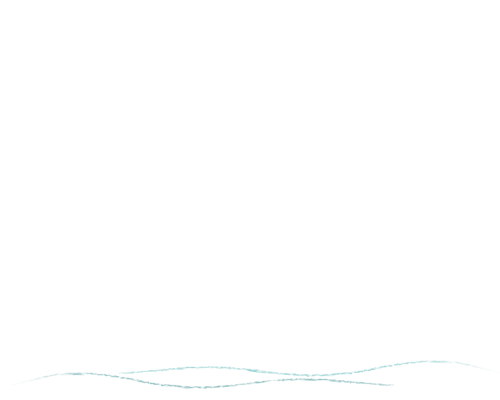
The father passed the unconscious infant to him before alighting from the dinghy himself and tending to his wife. She, too, was barely conscious and moaned as she was lifted by her husband and cradled in his arms.
The other couple, Egyptians, a man and woman in their early forties, managed to climb out unassisted, albeit shakily. Then the man turned back to offer his hand to the girl. But she appeared not to notice the gesture, making no acknowledgement as she wordlessly slid her body over the dinghy’s side, an action that even in her weakened condition was graceful.
The girl, whom they presumed to be around nineteen years of age, was a mystery to them all. She never spoke, but they knew she was not a mute for they had witnessed the occasional whispered response to her companion in the early days of their journey, before the storm and the capsizing of the vessel, when hopes were still high. Perhaps it had been her companion’s gruesome death that had rendered her ongoing silence. At least that’s what Rassen had first thought, but he’d come to doubt it, recalling how, even as she’d watched the man’s blood swirl in the water, even as she’d heard his screams and witnessed the ferocity of the shark’s attack, her reaction had been minimal: little more than resignation. The girl remained the same mystery to them all that she had been from the very outset. Her innate grace matched a beauty that was flawless, even now, sun-damaged and exhausted as she was. Eyes constantly downcast, she seemed unaware not only of herself, but of everything around her, as if she had removed herself to another place altogether. The others, who had bonded in the interest of survival, did not even know her name.
When everyone had alighted, they made their way slowly and gingerly across the twenty or so metres of rocky shallows to the shore, the young father carrying his wife, Rassen the child, and Massoud pulling behind him the dinghy, which minus its human cargo was now afloat. Beneath bare feet, the feel of rough coral sand brought overwhelming relief, and those with footwear pulled off their sandals and shoes, relishing the sensation. Some offered prayers in the form of wordless thoughts giving thanks to their God, while some muttered through parched lips.
Massoud secured the dinghy’s anchor in the rocks of the shoreline while Rassen led the way to the nearest hut, which, like its neighbours, was crudely constructed of corrugated iron attached to a timber frame. The hut was incongruously painted bright yellow and its tin roof, sup ported by roughly hewn wooden pillars, extended over a verandah floored with paving stones, a timber bench beside the front door completing an effect that, although ramshackle, was homely.
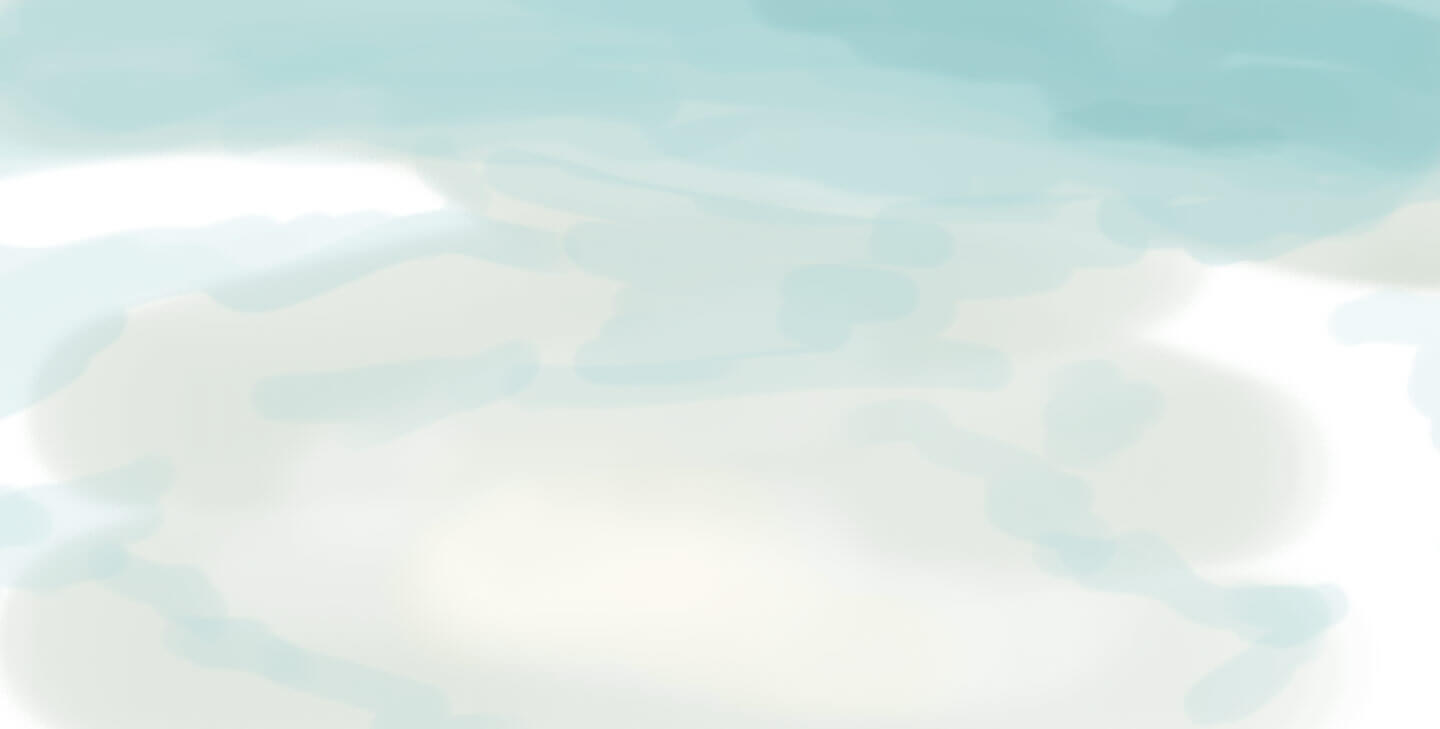
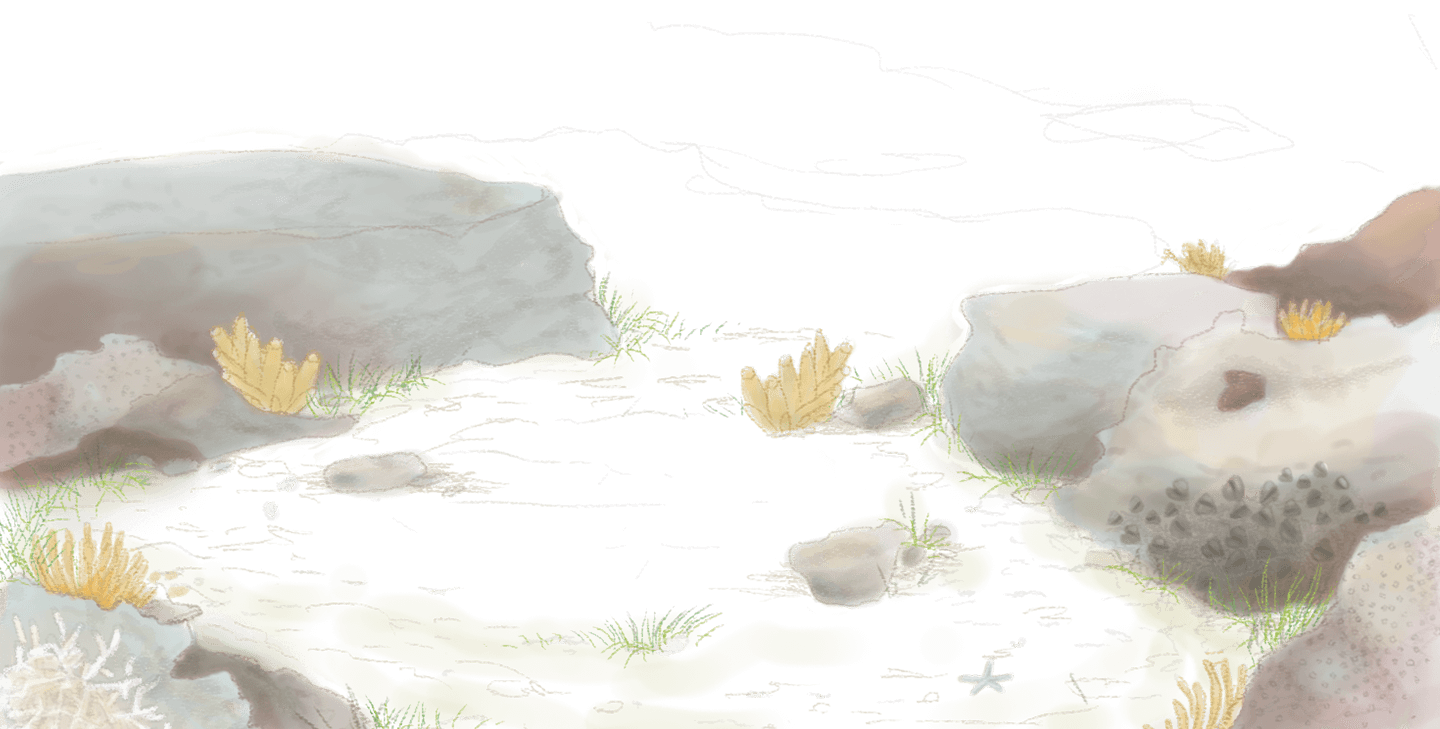
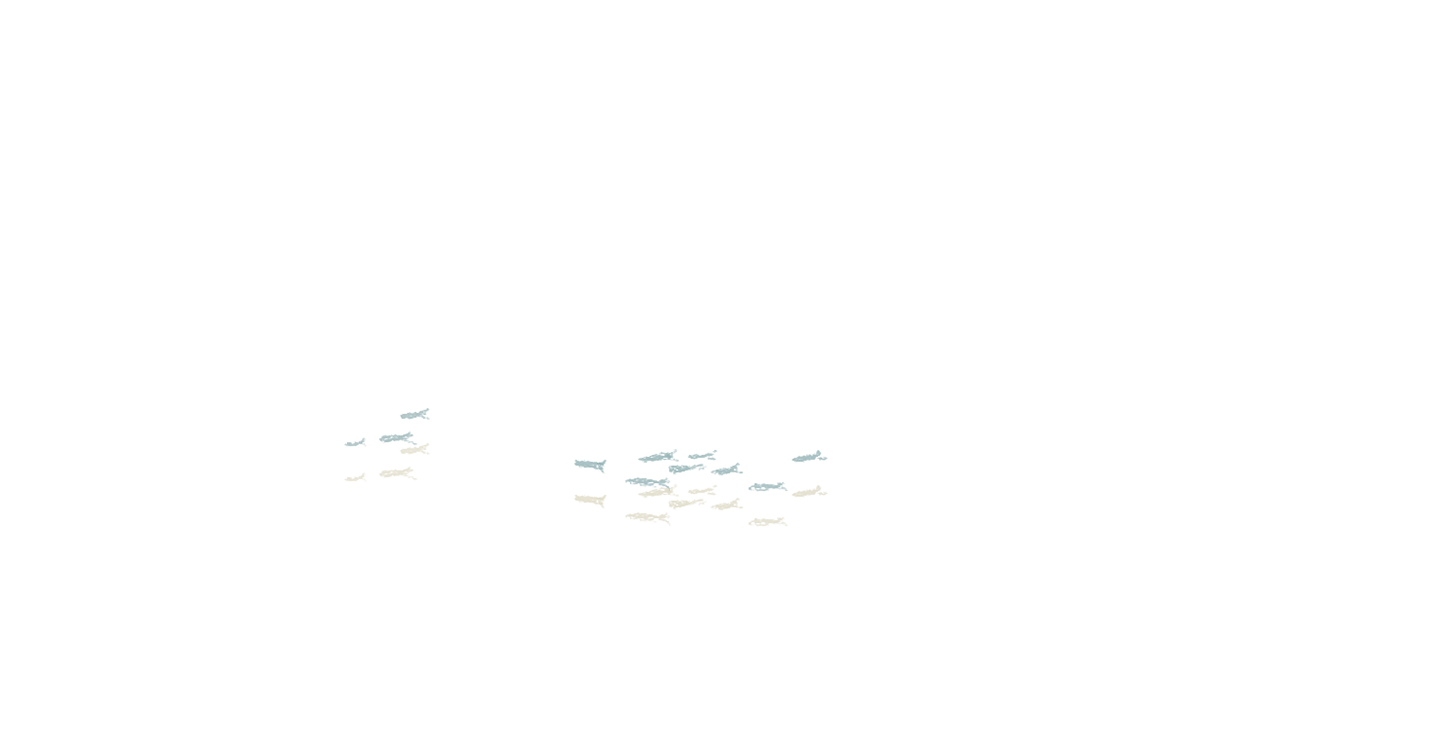

The young father, whose name was Karim, settled his wife gently on the bench. She had fully regained consciousness, but once again moaned, putting a hand to her ribs, the movement obviously causing her pain.
‘We are safe, Azra,’ Karim whispered in Hazaragi, the Persian dialect of his people. He knelt beside her. ‘We are safe,’ he repeated. Karim did not know if they were safe at all, but for the moment they were free of the relentless ocean and of the sharks and of all the other terrors he knew beset her. Given her innate fear of the sea, Azra had been terrified from the moment they had stepped aboard the vessel. He had deeply admired the strength she had displayed in undertaking such a journey.
Rassen passed the infant to Hala.
‘Tend to the child,’ he said, although they both knew there was little to be done. The child, a boy of barely three, was now conscious, his eyelids flickering open, his small chest rising with each shallow hard-won breath, but he was close to death. It was really only a matter of time.
Rassen knocked on the front door of the hut. There was no answer. Another knock, with a little more force this time: still no answer. Then he tried the handle and the door swung open to reveal an empty room.
‘Hello?’ he called. He peered inside, but, through another open door that led to the rear of the hut, he could make out no activity. The place was clearly deserted. He stepped back, closing the door behind him.
‘Do what you can for the others,’ he instructed Hala, aware that if anyone could help ease their fear and uncertainty it was his wife. Hala was an experienced and highly competent nurse and, like many of her kind, had a way of instilling confidence during times of crisis. ‘Massoud and I will make ourselves known to the island’s inhabitants,’ he said, although gazing about Rassen had the strangest feeling that something was wrong. Where were the inhabitants? Why had they not shown themselves?
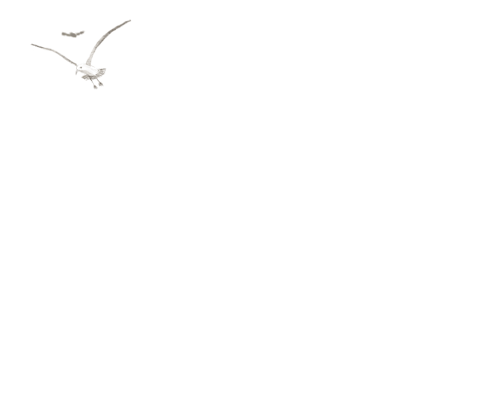
Surely our arrival cannot have gone unnoticed, he thought. It is mid-morning – surely someone must have seen us. Do they fear our presence? Will they prove friend or foe? Perhaps they are in hiding, or perhaps at this very moment they are preparing to attack.
Then, scanning the line of huts for any sign of life, his eyes hit upon the most welcome of sights. A water tank. In fact more than one water tank. At least they had to be water tanks, his confused and exhausted mind told him, they simply had to be.
Beside several of the huts stood large round tanks with a height at rooftop and guttering level, presumably for drainage. They could be nothing other than a water supply, Rassen thought. He could even make out a tap on the side of the nearest one.
Rassen was not alone in noticing the tanks. Massoud, too, had seen them. And so had Hany, the Egyptian. Glances were exchanged between the three men and they set off with purpose, the renewed will to survive having lent them fresh strength, each praying desperately the tanks were not dry.
Behind them, Hala, obeying her husband’s instruction, did the best she could to comfort the others, although without Rassen’s medical kit and supplies, which had been lost along with everything else during the storm, there was little practical assistance she could offer.
‘Hold little Hamid for me, will you please?’ She could have passed the infant to his father, or to Hany’s wife, the Egyptian woman, Sanaa, who appeared to have strength enough left to assist, but she deliberately chose the girl. Time to break through the barriers, she thought. ‘I need to examine Azra,’ she said when the girl hesitated. ‘Azra is in pain and needs attention. Please take the child.’ Hala spoke Arabic, the language in which they could all communicate, albeit in varying dialects, and in the case of Azra and Karim only to a limited degree. Her general manner and her tone were pleasant enough, but her request was really more a command.
The girl obeyed, taking the little boy in her arms, and Hala sat on the bench beside Azra. She opened the young woman’s rough woollen coat and, pulling back her own shoulder-length hair, now stiff and matted with salt, leant down to press her ear against Azra’s chest. Without a stethoscope her ear would have to do, although she was confident she knew what the problem was. Azra had suffered rib damage during the storm and ensuing capsizing. To what extent Hala could not be certain, but she was quite sure a broken rib had not punctured the lungs. If it had, by now the woman would no doubt be dead.
‘Breathe in,’ she said, and Azra obeyed, wincing as she did. ‘Yes, I know,’ Hala said sympathetically, ‘it is painful to breathe deeply, yes?’
Azra nodded.
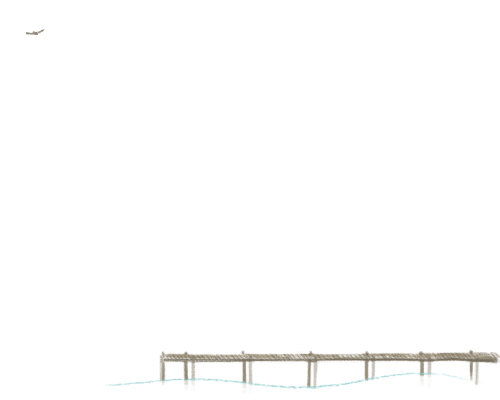
‘And painful to cough also, am I right?’ she asked, raising her head. During the past days she’d noticed the young woman holding her ribs and stemming a desire to cough.
Again Azra nodded.
‘But if you feel the need to cough, do not stop yourself,’ Hala said firmly. ‘If you were to do so, it might invite a chest infection. And we would not want that, would we?’ She spoke slowly, aware Azra’s knowledge of Arabic was limited, but she’d apparently made her meaning quite clear.
‘No,’ Azra shook her head obediently, ‘no, we would not.’
Azra would do whatever was asked of her for Nurse Hala had been sent by the angels, the messengers of God. Before the terrible storm, when the sickness had spread about the boat, they had all benefitted from the woman’s ministrations. She had saved little Hamid’s life. At that time Azra had even thought that perhaps Nurse Hala herself was an angel, sent by Allah to cure their illnesses, as angels were bound to do. And Nurse Hala’s appearance, so different from them all with her fair hair and fair skin and her motherly English-looking face, might well have been that of an angel. Everyone knew that angels came in many guises. Azra recognised now that Nurse Hala was merely a woman, but one of such strength and goodness that it was surely true she had been sent by the angels.
‘Do not be alarmed now, Azra, I am going to examine you.’
Hala lifted the young woman’s blouse, enough to expose the ribcage, but not the breasts, aware that modesty was of tantamount importance to a woman of Azra’s devout faith. She examined the ribcage with care – some bruising, but all appeared to be in order – then cupping the lower ribs of each side in her hands she gave a slight squeeze.
Azra cried out involuntarily.
‘I’m sorry,’ Hala said, ‘I know I hurt you, but it was necessary.’ Good, she thought. Things were just as she’d expected – there was elasticity in the ribs and the damage was fractures only, which would heal in time. ‘There is no need for concern, Karim,’ she added, having noted the husband’s consternation at his wife’s cry of pain. ‘Azra has a fractured rib, perhaps two, I can’t be sure, and they are painful, certainly …’ she looked back at Azra and smiled ‘… but they will mend. Azra may be small,’ she added encouragingly, ‘but she is strong.’
Hala spoke as a mother might to a child. The young woman, in her early twenties, petite, pretty, hijab framing a doll-like face, was so disarmingly ingenuous it was difficult not to view her as a child.
They were child-like the pair of them, she thought as she stood and gestured for the bearded young man with the earnest eyes to sit beside his wife. They were a devoutly religious and simple young peasant couple, obviously very much in love, and she wondered what had driven them to take the drastic course of action they had. She wondered also how they would react to the death of their infant son. It was evident they did not realise the seriousness of little Hamid’s condition.
While Karim sat on the bench, his arm comfortingly around his wife, Hala turned her attention to the girl, so unfathomable to them all. The Egyptian woman, Sanaa, was seated on the paving stones leaning against one of the wooden pillars, eyes trained on the men in the distance, which gave Hala ample opportunity to study the girl unobserved.
It appeared, for the very first time, that she might be showing something approaching a glimmer of interest as she looked down at the child in her arms. She was displaying no emotion certainly, but Hala noted she had drawn the end of the light shawl, which was draped over her head as it always was, about the child. Such a gesture was surely evidence of compassion.
Hala indicated they should move away from the bench and the child’s parents, and the girl allowed herself to be led from the verandah around to the shaded side of the hut, where they stood in silence for a moment or so, the girl’s eyes still focused upon the child.
‘He is suffering from malnutrition,’ Hala said, ‘and most importantly dehydration.’ Well of course, we all are, she thought, feeling stupid for stating the obvious.
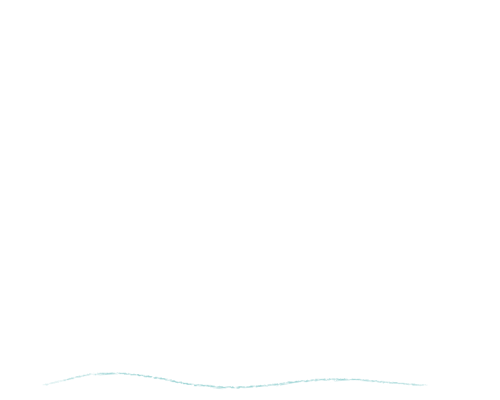
The girl gave the slightest of nods.
‘The degree of deprivation we have suffered affects a child far more severely,’ Hala explained. ‘To be quite honest, I’m surprised he’s still alive.’ She wondered why she was being so brutally truthful, presumably to shock the girl into some form of reaction.
Once again, the girl gave a slight nod, but her eyes remained on the child.
Hala waited for a moment, then . . . ‘What is your name?’ she asked.
There was no reply, no reaction whatsoever.
‘We must have a name,’ Hala insisted. ‘In order to survive we must form a bond and work together. This is where our strength lies. What is your name?’
Still no reply, and still the girl did not meet Hala’s eyes. ‘Give me the child,’ Hala said. No point in pushing any further, she told herself, although she felt a flash of annoyance, which she knew was quite irrational. The girl’s condition was obviously a result of some trauma that was no fault of her own. But we’ve all suffered trauma, haven’t we? Hala thought. Why else are we here? She was suddenly so very, very weary that she felt she might collapse. But she didn’t, straightening her back instead and holding her arms out for the child.
The girl, with her customary grace, drew the end of her shawl aside as if parting a curtain in order to reveal something precious, and in doing so she exposed the little face looking up and the eyes that had been fixed upon her all the while. Then without a word, and with no obvious show of reluctance, she transferred the child into Hala’s waiting arms.
Hala steeled herself, determined to remain unmoved; the girl’s problems were her own. She took the child and turned away, her intention being to return the boy to his parents – she did not relish their queries about his condition – but she was barely a pace from the girl when . . .
‘Jalila.’
She turned back. Silence. Then . . .
‘My name is Jalila.’ Little more than a whisper.
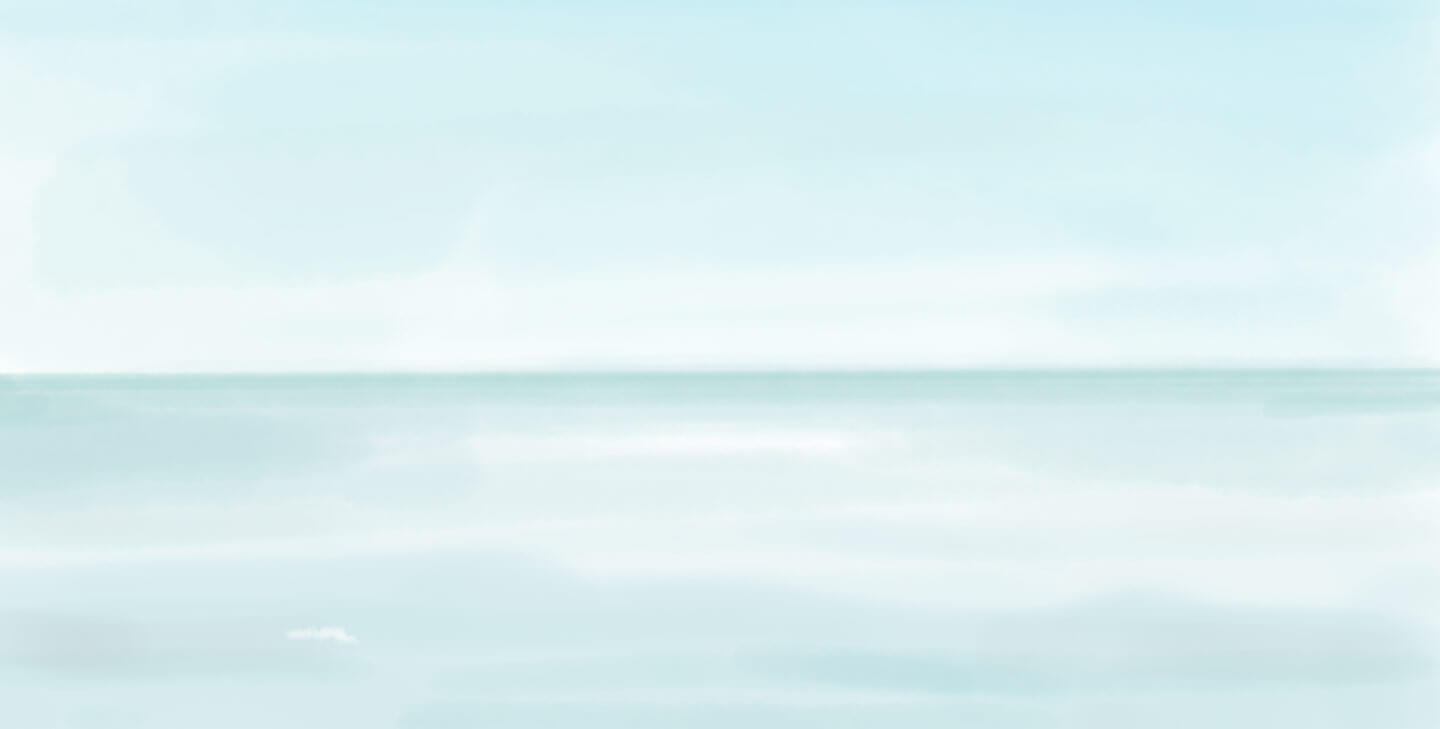

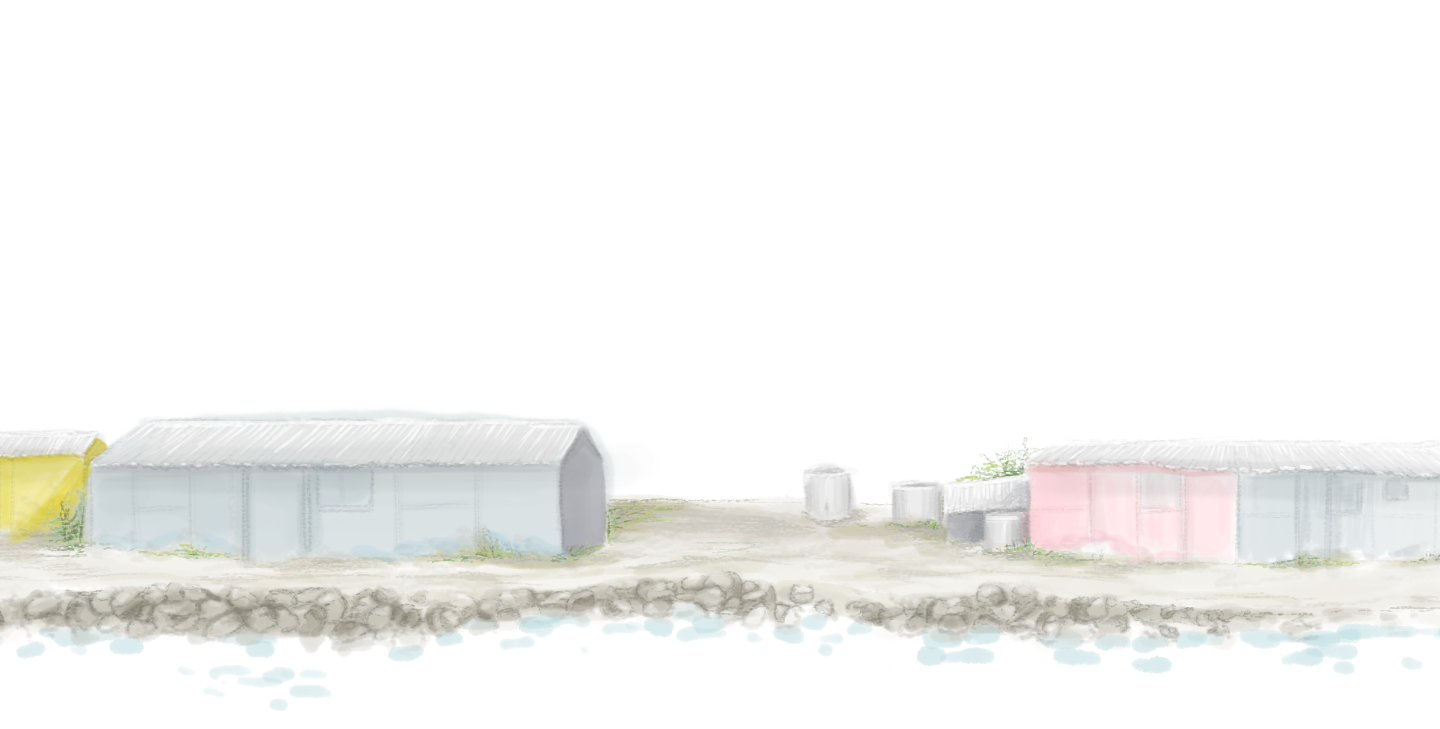

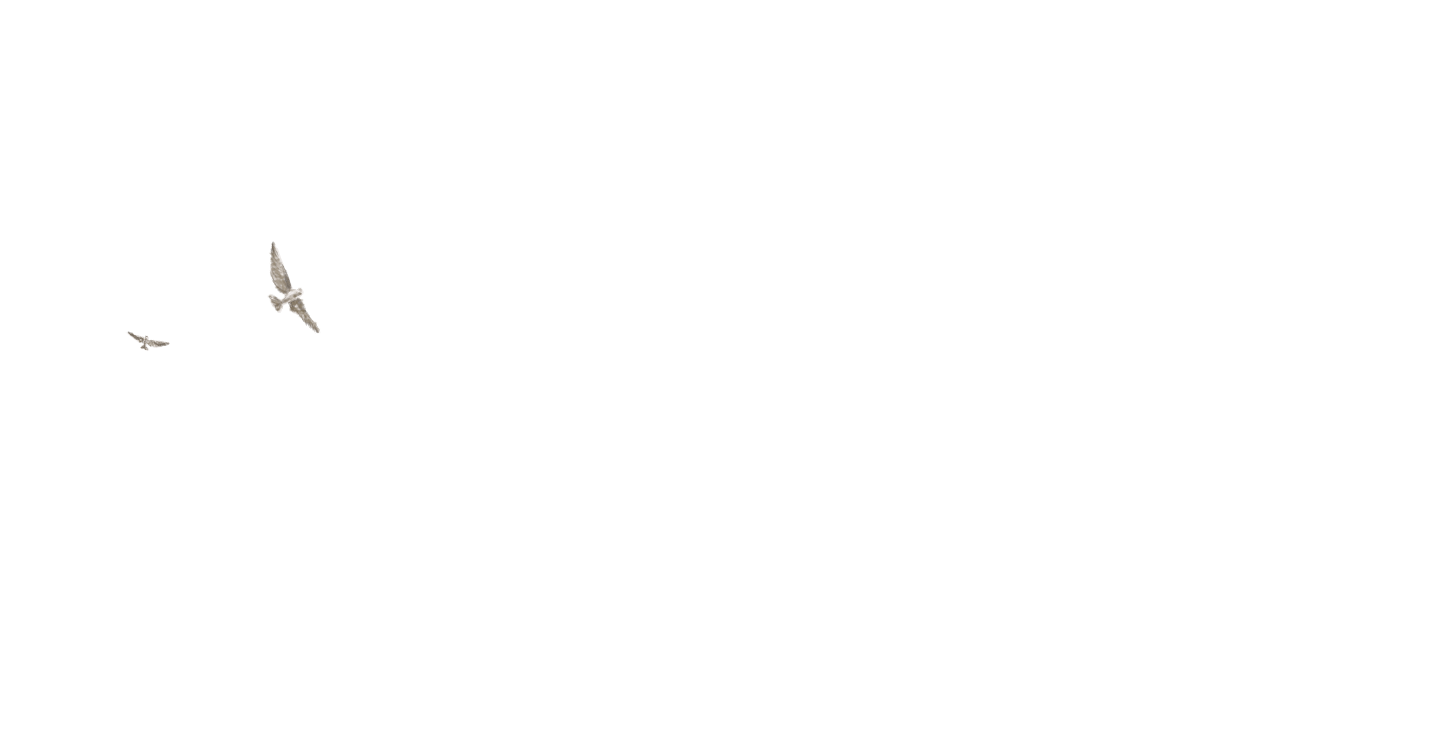
Their eyes locked and Hala was so startled it was all she could do to suppress an involuntary gasp. The girl’s eyes, not unsurprisingly, were beautiful, heavy-lashed, hazel green and arresting in the olive-skinned perfection of her face. But it was not the beauty of the eyes that so startled Hala – it was the lack of life she saw there. The girl held her gaze unwaveringly, yet appeared to see nothing. The girl was staring through eyes that were dead. Or else she’s looking into somewhere else, Hala thought, some other place, some other time, I doubt she’s seeing me at all. Hala was mesmerised; the girl’s eyes engulfed her. But whether she sees me or not, the offer of her name means something, Hala told herself, contact has been made. I must engage her. I must further the connection.
‘Jalila,’ she said gently, to which the girl gave another barely perceptible nod. ‘What a pretty name.’
Any hope of more conversation, however, was quickly dashed as the girl broke eye contact and again focused upon the child.
‘He needs water,’ Hala said, looking down at the infant, once more stating the obvious, but determined to maintain the girl’s interest. If the child was the only way to do so, then she would talk about the child. ‘He needs water above all else. It is dehydration that is killing little Hamid. If we can get water into him, Jalila, then there is just a chance . . .’ She turned her gaze upon the girl and left the sentence hanging.
The girl’s nod this time was more positive and, as she raised her eyes, Hala was sure she saw a flicker of some thing there. A flicker of what, she wondered. Hope?
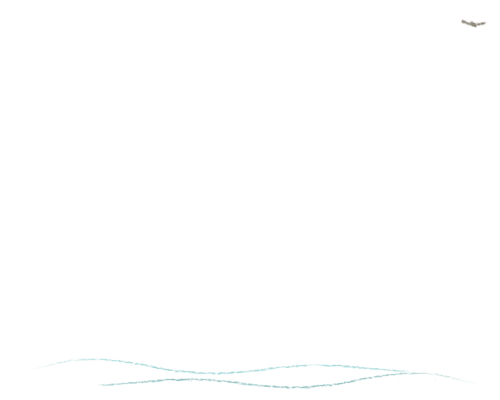
Then as if on cue the men arrived, Massoud and Hany carrying a bucket of water each, Rassen with a miscellany of tin mugs and cups.
‘The tanks are full,’ Rassen announced triumphantly, ‘and we took these from one of the houses – no one was there. Come, come,’ he urged, ‘we must drink together.’
As he led the way around to the front of the hut, the others following, Hala glanced at the girl, receiving no reaction, which did not surprise her. Eyes downcast, the girl had once more retreated into her other world. But the girl now had a name. Jalila. And that was a start.
Hala returned the boy to his father, and the group gathered in a circle on the paving stones of the verandah, the buckets in the centre, Rassen handing out the mugs and cups.
‘We washed them in sea water, the buckets as well,’ he said in an aside to Hala, ‘it’s the best we could do.’ Hala smiled at the irony of the comment. They had survived typhoid aboard the vessel before the storm broke, they had survived death by drowning following the capsizing of the vessel and they had just now come very close to dying of thirst, so the sanitary requirements of the medical profession seemed somewhat superfluous.
Rassen returned the smile, aware of her thoughts. ‘Drink my dear, drink,’ he urged, handing her a cup of water. He took the child from Karim. ‘I’ll look after the boy, Karim,’ he said, ‘you must drink.’
Rassen, Massoud and Hany had slaked their thirst at the water tank and already looked stronger. The others now followed suit, feeling the dizziness lift, feeling their bodies re-energise.
‘Be careful,’ Rassen warned, ‘do not drink too quickly.’ Then he started, very, very slowly, to feed the child, cup to tiny lips, parched and cracked, pausing carefully between each sip. Aware the boy would likely be unable to swallow, Rassen expected any minute that the water would be coughed back up. But the boy did not cough back the water. The boy was able to swallow. And he did so slowly and steadily, matching Rassen’s timing with every single sip. Little Hamid, it seemed, was as intent upon survival as the rest of them.
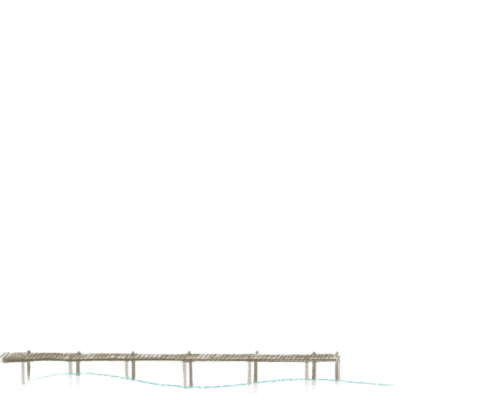
Rassen and Hala shared a look of understanding: this was a very good sign. Hala’s eyes darted to Jalila, hoping to share a look with her also, but none was forthcom ing. No matter, she thought, as she watched the girl watching the child. The child is a strong enough link for the moment – given time Jalila will bond with the rest of us. Hala certainly hoped so anyway.
A half an hour later, it was decided to explore the island, or at least the huts, in an effort to find the inhabitants and hopefully food.
Rassen said nothing of his earlier misgivings and, pre paring to set off once again with Massoud and Hany, he suggested Karim stay in the shade of the verandah and look after Azra and little Hamid.
‘The women too,’ he added, ‘look after the women for me, Karim.’ He did not wish the young man to feel emasculated.
But Hala had something to say about that.
‘The women may wish to accompany you, Rassen.’ She looked to Sanaa, who returned a vigorous nod. ‘And we will no doubt be of great value in negotiating with the locals. We are, as you well know, my dear, far more skilled than you men in matters of diplomacy.’
Rassen acquiesced with a wry smile, considering it an extremely healthy sign that even under their current circumstances his feisty wife, a social activist and confirmed feminist, should behave so true to form.
‘Jalila may wish to stay, however,’ Hala said, noting the girl’s continued lack of interest in anything but the child.
‘Ah. Yes, of course.’
Rassen was not the only one taken aback by the comment. So the girl finally has a name, they all thought. But Hala’s blatantly casual manner in announcing the fact signalled no response should be forthcoming, so no one uttered a word.
‘Well let’s be off then, shall we?’ Rassen said as heartily as possible, although he continued to have a strange sense of foreboding. ‘All those who are coming, join me.’
The others followed as he led the way along the path, Hala by his side.
‘I gather you’ve had a bit of a breakthrough,’ he muttered in English.
‘Just a bit,’ Hala replied. ‘Not much, but it’s a start.’
There were eight huts in all, each crudely constructed of wood and corrugated iron, but in good condition, brightly painted, homely and each, it was discovered, with a water tank of its own, some at the back and some at the side, dependent on the shape of the hut’s roof. The overall effect was that of an attractively colourful miniature village. Freestanding cottages, some with verandahs, some without, yellow and blue, green and red, one even a bizarre shade of magenta, all in a line facing out to sea, a well-worn path of crushed coral running along the front linking them in neighbourly fashion.
Four sturdy wooden jetties projected forty metres or so from the rocky shore, each in excellent condition, ready to receive the vessels they had been built for. But where were the vessels? Apart from the survivors’ own shabby dinghy anchored in the shallows there was not a boat in sight.
Equally strange, several hundred metres from the huts were a number of roughly hewn benches; was this a popular gathering place for the inhabitants? Certainly at dawn or dusk there would be no impediment to the view of a fine sunrise or sunset across the ocean. But where were the people who enjoyed this spectacle? A door knock had revealed each hut unlocked, but not one occupant. Apart from themselves, it would appear there was not a soul on the island.

‘Well we have water and shelter,’ Massoud said optimistically, although like the others he was fully aware that, in this desolate place and without assistance, they now faced the threat of starvation.
‘You are right, my friend, it is an excellent start.’ Rassen was grateful for his young ally’s assistance in buoying their spirits. They had survived so much together; they must not give way to despair. ‘We will scour the huts for food and provisions, we’re bound to find something.’
Once again they progressed methodically from hut to hut, this time exploring each one in detail and, as they did, marvelling at every new discovery.
Many of the unruly, overgrown gardens at the rear of the houses bore produce. A healthy potato patch here, runner beans gone wild there, carrots, turnips, herbs.
Inside the houses, each kitchen was provided with a basic supply of cooking utensils, crockery and cutlery; and the bedrooms, although devoid of linen, revealed comfort able bedsteads with mattresses and pillows, together with cupboards housing an ample supply of blankets. Each hut even had its own outhouse with septic tank. Here indeed was luxury.
Further exploration of storage sheds revealed tools also, and, most important of all, fishing tackle: rods, hand lines, casting nets, scoop nets, apparently home-made three pronged spears with broom-like wooden handles . . . The list went on.
A self-sufficient village all of our own, Rassen thought, barely able to believe their good fortune. A tiny ghost town with everything set up for instant tenancy as if we are being invited to move in. He didn’t even pause to wonder about who had lived here, or where they were now or why they had left. Here on this seemingly barren island was everything they could possibly need in order to survive.
The group returned to the others to impart their findings and share their elation.
‘We are most certainly saved,’ Rassen declared.
Some once again gave thanks to God, and in their own way, through unspoken prayer or muttered words, but as they looked at each other one common thought was mirrored in their eyes. We have cheated death.
It was only Jalila who appeared not to care.
